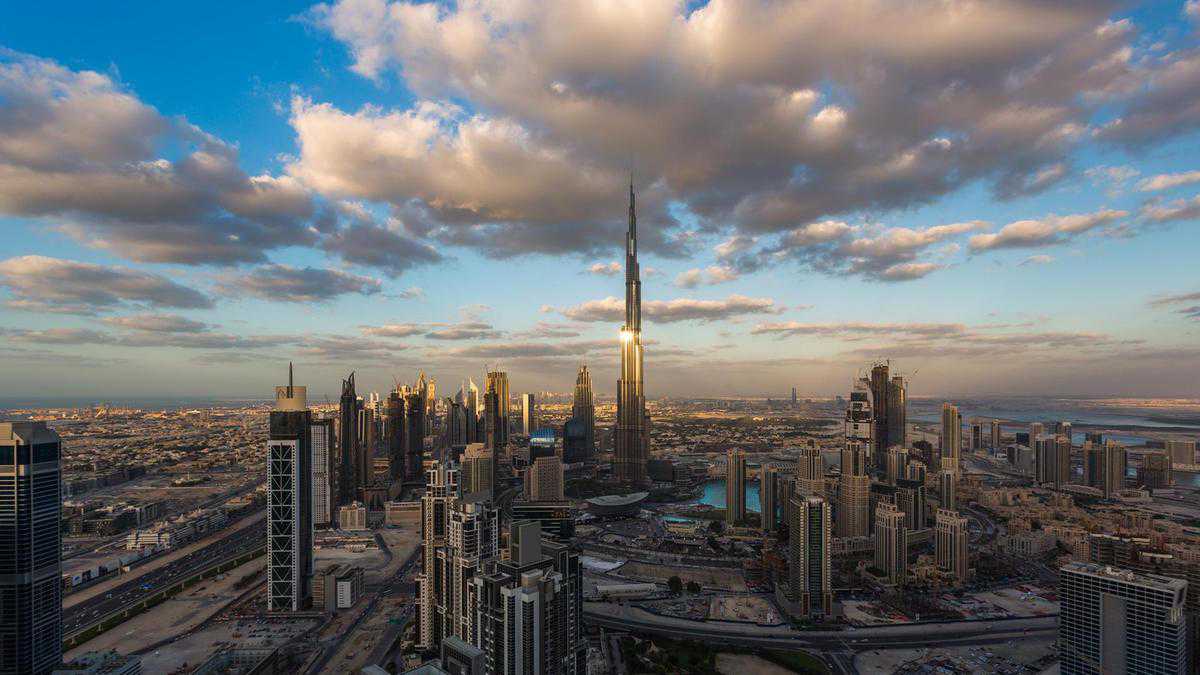How real estate will be affected by the UAE's reforms
17 November, 2020

Covid-19 possesses been the ultraviolet light that exposed all blemishes and the accelerant that forced overnight innovation to hasten healing.
The UAE government moved fast with free visa extensions, ensured liquidity and encouraged banks to offer mortgage loan repayment holidays to individuals and businesses.
The country's property and construction sectors were already oversupplied and in the midst of a near six-year decline when the pandemic hit and hit hard in the first quarter of 2020.
A timely 5 % increase to mortgage lending limits over the board was introduced in March. Abu Dhabi proceeded to go even more, removing property and home loan transfer fees. It had been a good move that targeted those currently here who wished to stay and get, and those who had a need to finance a house handover purchased off method.
The reform gave the true estate sector a much-needed lift up - and momentum is building.
Mortgage transactions, at historic lows through the movement restrictions found in April and May, saw month-on-month growth thereafter, driven mainly by end users spurred by record-low home loan interest levels. By September and October, the UAE saw the best number of mortgage transactions in the last 3 years, according to House Monitor.
More great news was to come. A quarterly uplift found its way to Abu Dhabi villa rates, relating to REIDiN third one fourth info. And there’s been anecdotal evidence from several sources of bidding wars in some proven villa communities in Dubai.
However, while the increase of loan-to-value ratios has definitely helped, they fell short of support measures observed in Europe and elsewhere which stored people used and businesses afloat. The measure obviously was not ready to stop the job losses over the UAE, which inevitably resulted in year-on-year property selling price declines as demand ebbed.
The bigger picture is that UAE property prices have already been falling for over six years. An interval which includes seen hyper-inflation in asset ideals around the world, Abu Dhabi property rates are 31 % lower, while Dubai prices are down 33 per cent from their 2014 peaks. And accounting for inflation, both are actually below their 2009 post-Global Financial Crisis lows.
With a buyer’s market, expats have flocked to the UAE in world-record numbers. But to complete the world’s tallest skyscrapers, new metropolitan areas off the coast and a large number of hectares of reimagined desert, thousands of them need to stay and plant roots.
The UAE has come an extended, long way in a very short time.
What’s been achieved in the past 20 years features been nothing short of miraculous. And these source and demand mismatches and cost volatilities can be largely related to trying to take action much, consequently quickly in a tiny market highly vulnerable to international industry fluctuations. Regulation often plays catch-up no amount of federal government action can smooth what can be quite choppy international waters.
The question remains if the UAE can attract enough investment to accomplish its objectives without offering expats some form of permanent residency.
UAE property prices have been around in decline since oil fell below $80 per barrel. Oil revenues still represent about 1 / 3 of GDP (down from 60 % in 1975) but without strong oil rates underpinning the market, it may be tricky, at least in the short-term.
To fight this, the UAE authorities include introduced several new visa categories targeting long run expats. The most recent, a retirement visa for all those aged 55-years and over, is normally a five-year renewable visa. Introduced in September 2020, it comes after the Golden Visa that offered five- and 10-year residency alternatives created in 2019. In isolation neither are likely to be video game changers - nonetheless they are firm guidelines in the proper direction.
Meanwhile, the bigger Committee of PROPERTY was an initiative introduced by Sheikh Mohammed bin Rashid Al Maktoum found in 2019 to regulate supply and improve marketplace confidence. Since that time we’ve seen a dramatic decelerate in project launches. Just 4,800 freehold units were introduced in Dubai in the earliest 9 months of 2020 - their lowest amounts since 2012.
Although we are unlikely to see the stringent building restrictions of mature market segments any time in the future in the UAE, allowing the marketplace time to absorb the current supply over another five years is crucial in stabilising property rates.
In 2021 and beyond you will have some tough challenges no easy solutions. But they will be get over with patience, vision and proper planning. These steps are all clear methods in the right direction that can help stabilise the property marketplace. Let’s hope we see more.
Source: www.thenationalnews.com
TAG(s):
